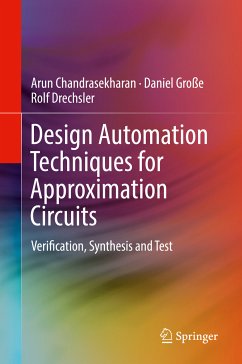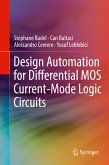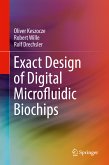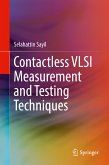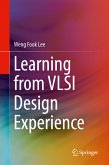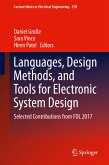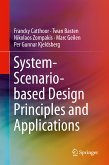- Provides a general overview of approximate computing hardware design;
- Offers a detailed explanation of the formal verification problem for approximate hardware;
- Explains in detail several algorithms for the synthesis and verification of an approximate hardware;
- Includes an overview of the post production test for approximation circuits and methodologies to potentially improve the yield of the fabrication process;
- Uses case studies and experimental results to depict the problem and usefulness of the approach.
Dieser Download kann aus rechtlichen Gründen nur mit Rechnungsadresse in A, B, BG, CY, CZ, D, DK, EW, E, FIN, F, GR, HR, H, IRL, I, LT, L, LR, M, NL, PL, P, R, S, SLO, SK ausgeliefert werden.
Hinweis: Dieser Artikel kann nur an eine deutsche Lieferadresse ausgeliefert werden.

